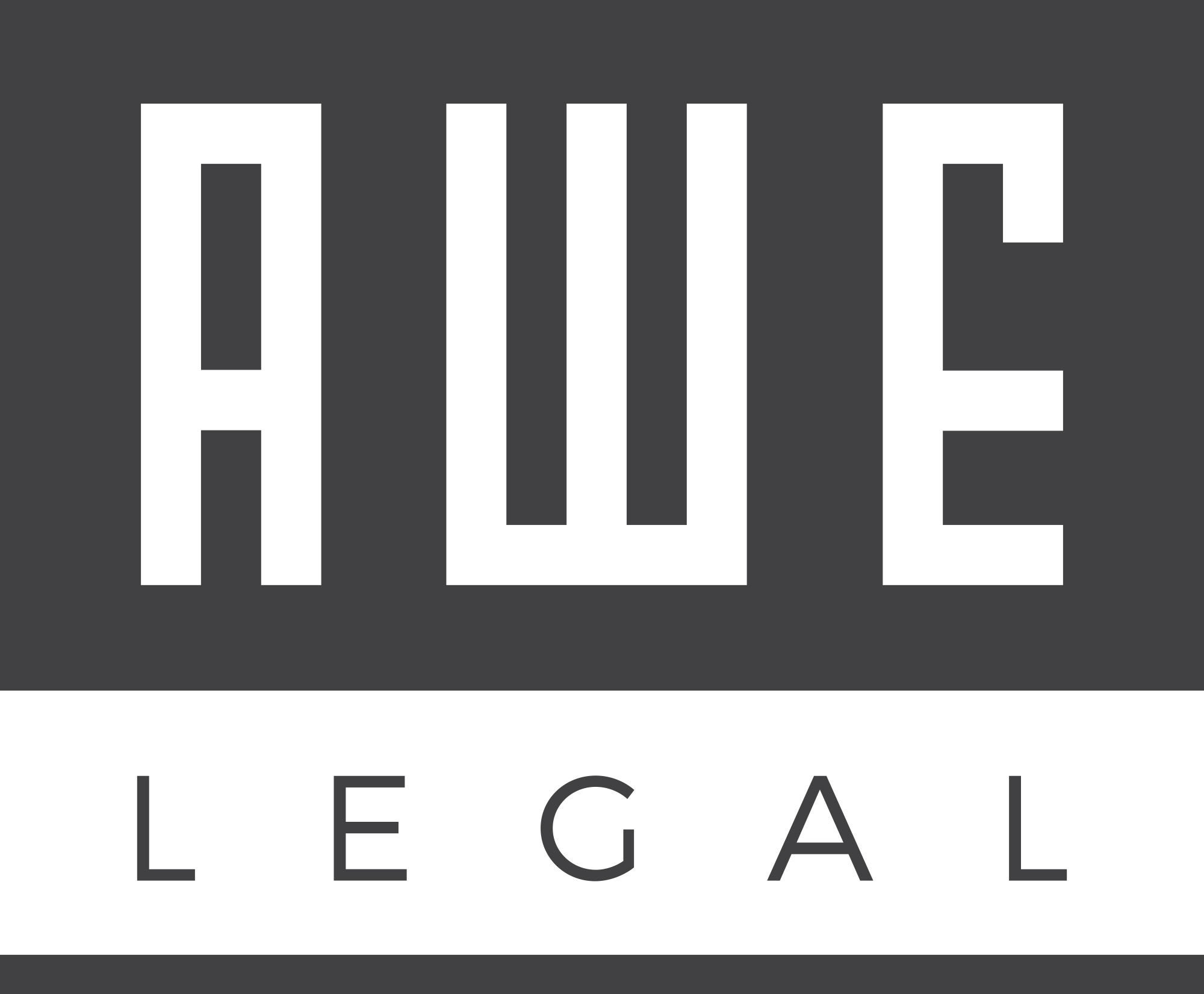Nutrition Month Calls For Some Clarity!
It’s awesome that so many people are investing in their health; mind, body and soul. With this boom there is an influx of professionals to help meet our needs ranging from personal trainers, therapists, acupuncturists, reiki practitioners, dieticians and nutritionists to name a few. As consumers, it’s important to know the difference between practitioners in order to trust in their expertise. As professionals, we have training to serve a particular client, and it’s important to know the regulations within our field in order to comply with the law and safely serve our clients.
Apparently, March is nutrition month, so we thought we’d tackle a common confusion which is; what’s the deal with Nutritionists versus Dieticians? AND how can both practitioners comply with the law?
Simply put, in Ontario, Registered Holistic Nutritionists and Nutritionists (“nutritionists”) are not regulated and have no governing body whereas Registered Dieticians (“dieticians”) are regulated and accountable to provincial regulatory bodies (In Ontario, The Ontario Dietetics Act). As such, dieticians are considered health care professionals in the eyes of the law. A qualified dietician requires a minimum 4-year University degree and will have the initials RD or PDt (DtP in French) and this is a protected title across Canada, similar to doctors, nurses or pharmacists. They require a minimum 1-year accredited dietetic internship and must pass a Dietetic Registration exam for licensing.
Registered Nutritionists also require education from an approved institution and a minimum number of hours training in order to be certified as a Registered Nutritionist. Nutritionists often receive training in a private institution that vary in length, however there is no formal training requirement since the title “nutritionist” is unprotected in many parts of Canada, including Ontario. Dieticians can automatically call themselves nutritionists while nutritionist cannot call themselves dieticians. In Alberta, Quebec and Nova Scotia the title nutritionist is protected under Provincial regulation. Since in Ontario there is no title restriction, anyone may freely use the title nutritionist, which may be problematic for unknowing clients and unqualified practitioners. It’s always important and reasonable to ask for credentials whenever seeing any practitioner. The purpose of this blog is not to assert that one practitioner is better than the other, as many nutritionists are highly qualified through private training programs and many dieticians are not great practitioners. This is all to say that it’s important to know the differences and to be educated when working with someone who may alter your diet and make recommendations for your health.
If you work as a nutritionist, it’s important to know what you can and cannot do in practice in the eyes of the law. The provisions of health services in Ontario is regulated using a Restricted Activities guideline via the Regulated Health Professions Act (“Act”). Nutritionists are not members of a designated Regulated Health Profession, and therefore they cannot perform any of the procedures under Section 27 of the Act. The Act shows that providing a diagnosis of a disease or disorder, to either an individual or personal representative (this would include parents or guardians) is considered a Controlled Act reserved for those designated as a regulated health professional.
Given the law, the following are some tips for nutritionists to comply with the Act. In order to avoid appearing as a regulated health care professional or diagnosing a disease, nutritionists should avoid terms such as “heal”, “treat”, or “cure” in relation to a symptom that a client may be experiencing or that results from a test or consultation, as it could imply there is a disease or disorder which needs to be treated. Nutritionists should generally refer to individuals who seek out their services as “clients” rather than patients, to avoid the risk of appearing as though he/she is practicing medicine or is a regulated health professional. Lastly, in order to clearly outline the relationship and protect themselves, nutritionists should have a Client Agreement which has a disclaimer and clearly stipulates that the relationship is NOT one of patient and health care professional.
Prescribing of drugs is restricted to physicians and members of other Regulated Health Professions in all provinces in Canada. Rules vary province to province, but “drugs” are generally defined as a substance that is either illegal, requires a prescription, or otherwise controlled – meaning must be sold under the supervision of a pharmacist. Nutritionists practicing in any province using the Restricted Activities framework (including Ontario) may generally recommend over the counter medicines, natural health products and herbs and plants with healing properties (lawfully) without crossing the line of illegally prescribing drugs. However, they must do so in the capacity that they are not recommending such “natural” or “holistic” remedies with respect to treating a disease or disorder or healing, but instead that recommendations are based on improving overall health as a better course of action when assisting clients. It is also useful to note that in Ontario, natural health products are expressly excluded from the definition of “Drugs” for the purpose of restricted activities. Often times, both nutritionists and dieticians have vast knowledge of the powerful benefits and healing properties of plants and foods and can provide tools to improve one’s health and lifestyle.
It’s always prudent to do your own research and find a practitioner that suits your needs!
This blog is not intended to provide legal advice of any kind. Please get in touch with AWE Legal if you have any questions surrounding your health or wellness practice at info@awelegal.com
Special thank you to Alessia Paolo for her research contribution to this blog post.

